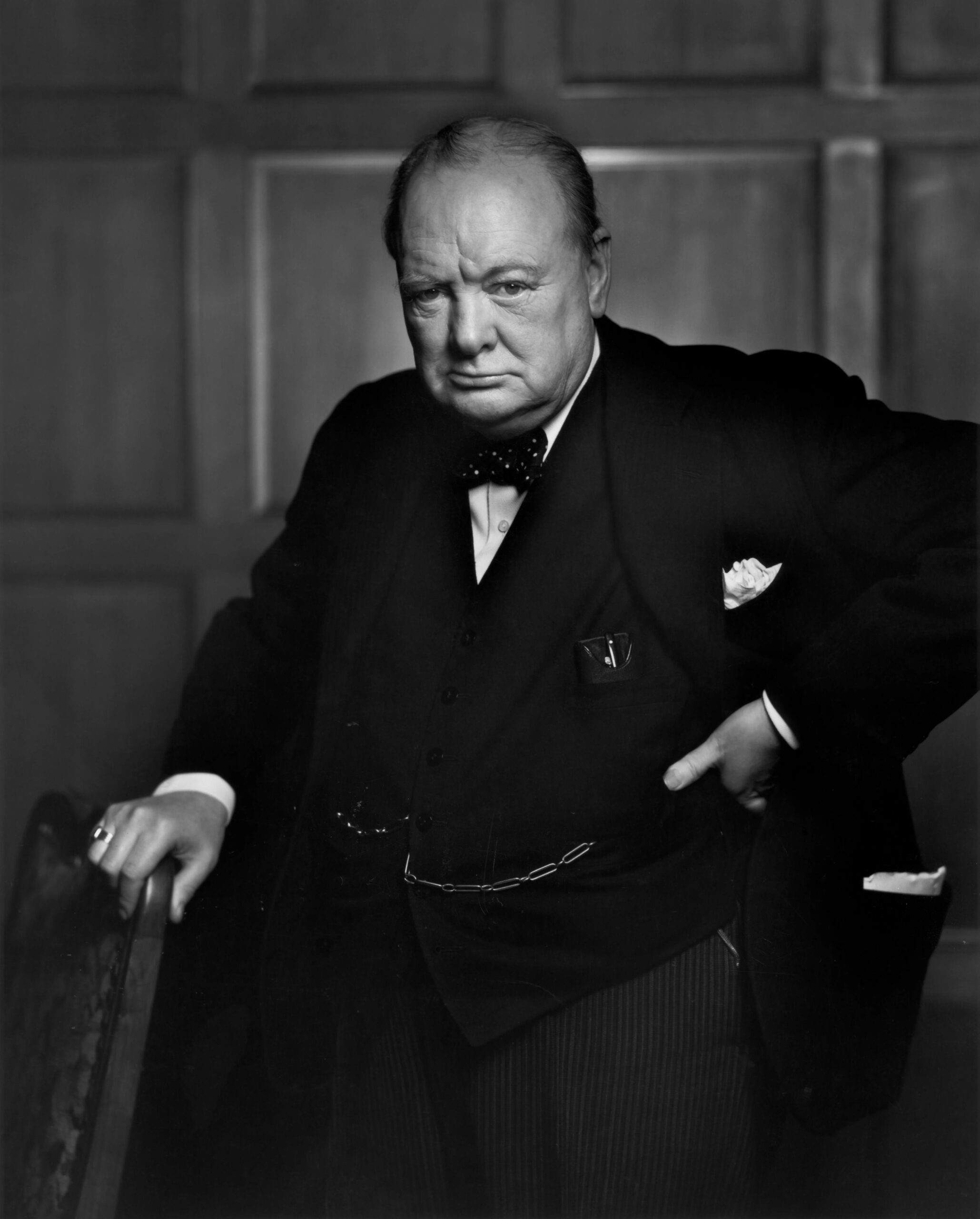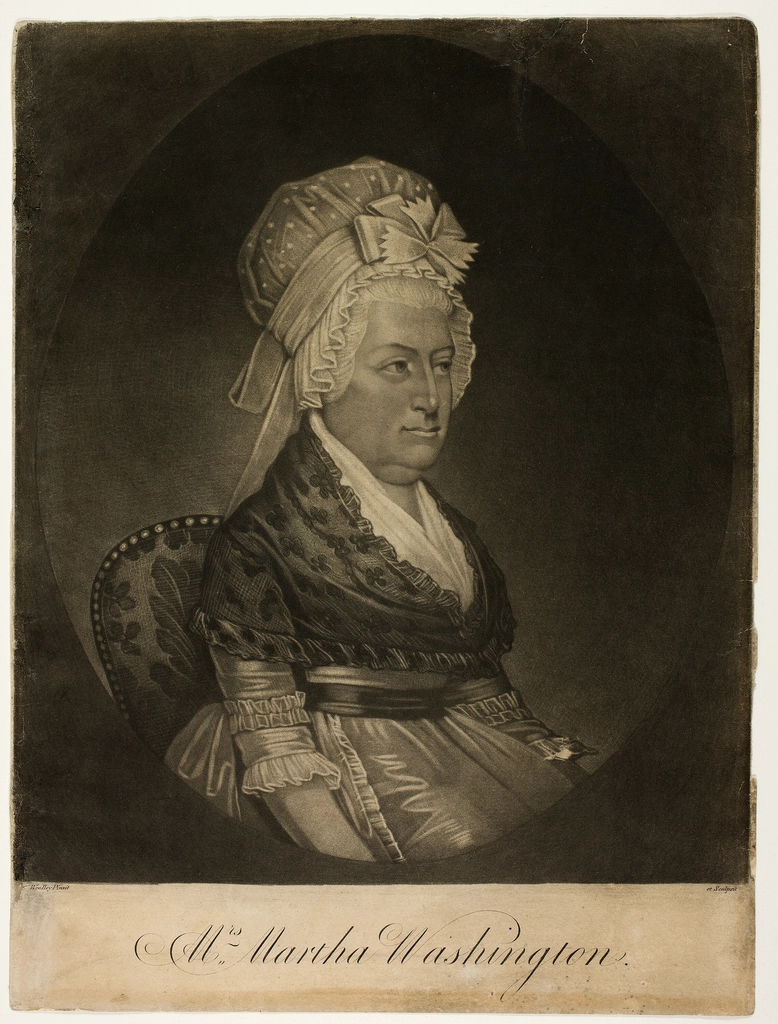George Washington’s Secret Spy Network That Changed Everything

George Washington wasn’t just a military leader – he was America’s first spymaster who created one of the most sophisticated intelligence networks of his time. The Culper Spy Ring, operating from 1778 to 1783, used invisible ink, coded messages, and dead drops to gather crucial intelligence from British-occupied New York. Washington personally recruited and managed agents, even developing his own code system where he was known as “Agent 711.” According to declassified documents from the CIA’s studies on historical intelligence, this network provided information that directly influenced major military decisions, including the capture of British Major John André. The ring’s success was so complete that some members’ identities remained secret for over 150 years after the war ended.
Benjamin Franklin’s Shocking Double Life as a British Spy

Before becoming America’s most famous diplomat, Benjamin Franklin spent nearly two decades in London where British intelligence believed he was working for them. Recent research from the Benjamin Franklin Papers project at Yale University reveals that Franklin deliberately fed misleading information to British officials while secretly gathering intelligence for the colonies. He maintained this dangerous game from 1757 to 1775, convincing British ministers that American resistance could be easily crushed. Franklin’s letters, decoded by modern historians, show he was actually mapping British military capabilities and political weaknesses. When the British finally discovered his true allegiance, they publicly humiliated him in 1774 – an event that transformed him from a loyal British subject into America’s fiercest advocate for independence.
Thomas Jefferson’s Forbidden Love Affair That Nearly Destroyed His Career

Thomas Jefferson’s relationship with Sally Hemings wasn’t just a personal scandal – it was a political time bomb that his enemies tried to exploit for decades. DNA evidence confirmed in 1998 what historians had long suspected: Jefferson fathered at least one child with Hemings, who was his late wife’s half-sister and enslaved at Monticello. The Hemings family maintained an oral history of this relationship for over 200 years before genetic testing proved their claims. Jefferson’s political opponents, particularly the Federalists, used rumors of this relationship to attack his character during his presidency. What makes this story even more complex is that Jefferson wrote eloquently about human equality while simultaneously owning over 600 enslaved people throughout his lifetime.
Alexander Hamilton’s Financial Scandal That Almost Ended His Political Life

Alexander Hamilton, America’s first Secretary of the Treasury, became embroiled in the nation’s first major political sex scandal when he had an affair with Maria Reynolds in 1791. The scandal took a devastating turn when Reynolds’ husband began blackmailing Hamilton, demanding money to keep quiet about the affair. Hamilton paid the blackmail for months, but when political enemies accused him of financial corruption, he made an extraordinary decision – he published a detailed confession of his adultery to prove he hadn’t misused government funds. The 95-page pamphlet, released in 1797, destroyed his reputation but cleared him of financial wrongdoing. This scandal effectively ended Hamilton’s chances of ever becoming president, despite his brilliant economic policies that established America’s financial system.
John Adams’ Paranoid Midnight Judges Plot

In his final hours as president, John Adams frantically appointed dozens of federal judges in what became known as the “Midnight Judges” controversy. Adams stayed up until literally midnight on his last day in office, March 3, 1801, signing judicial commissions to pack the courts with Federalist judges before Thomas Jefferson took power. His Secretary of State, John Marshall, worked alongside him through the night, sealing and delivering as many commissions as possible. Some commissions weren’t delivered in time, leading to the famous Marbury v. Madison case that established judicial review. Adams’ desperate attempt to maintain Federalist control of the judiciary created a constitutional crisis and permanently damaged his relationship with Jefferson. The controversy revealed how deeply the Founding Fathers feared losing political control to their opponents.
Samuel Adams’ Secret Revolutionary Beer Empire

Samuel Adams wasn’t just a revolutionary agitator – he was also a failed businessman whose family brewery became a symbol of American resistance to British rule. The Adams family had run a successful malthouse since 1640, but Samuel nearly bankrupted the business through poor management and his obsession with politics. However, he cleverly transformed his business failures into political weapons, arguing that British taxes were destroying American commerce. Adams organized the Boston Tea Party partly because he understood how economic boycotts could hurt British merchants who would then pressure Parliament. His cousin John Adams wrote that Samuel “made more noise about liberty than any man in America,” but recent research shows he was also quietly organizing a network of tavern owners and brewers to spread revolutionary ideas. The irony is that while Samuel Adams became the face of American resistance, his actual brewery never recovered from his political activities.
Patrick Henry’s Cowardly Moment During the Revolution

Patrick Henry, famous for declaring “Give me liberty, or give me death,” actually showed remarkable cowardice when the British invaded Virginia in 1781. As governor, Henry abandoned the state capital of Richmond so quickly that he left important government documents behind for the British to capture. His hasty retreat was so disorganized that Thomas Jefferson, who succeeded him as governor, found the state government in complete chaos. Henry’s flight became a source of embarrassment that his political enemies used against him for years. What makes this story even more ironic is that Henry had spent years criticizing other leaders for not being aggressive enough against the British. Despite his fiery rhetoric, when faced with real danger, Henry proved that words and actions don’t always match.
Abigail Adams’ Feminist Revolution Behind Closed Doors

Abigail Adams conducted what historians now recognize as America’s first feminist political campaign through her private correspondence with her husband John Adams. In her famous March 1776 letter, she warned him to “remember the ladies” and threatened that women would “foment a rebellion” if ignored in the new legal code. But her activism went far beyond that single letter – she spent decades advocating for women’s property rights, education, and political participation. Abigail managed the family finances, invested in government bonds, and even speculated in land while John was away on political business. Her letters reveal a sophisticated understanding of politics and economics that rivaled many male leaders of her era. Recent scholarship by the Massachusetts Historical Society shows that Abigail’s influence on John’s political decisions was far greater than previously understood.
Benedict Arnold’s Heroic Acts Before His Ultimate Betrayal

Before becoming America’s most notorious traitor, Benedict Arnold was arguably the Continental Army’s most effective battlefield commander and a genuine war hero. Arnold’s leadership at the Battle of Saratoga in 1777 was so crucial that historians credit him with securing French support for the American cause. He had been wounded multiple times in service to his country and had spent his personal fortune supporting his troops when Congress failed to pay them. Arnold’s decision to betray his country stemmed partly from being passed over for promotion while less capable officers advanced ahead of him. The final straw came when he was court-martialed for allegedly using his position for personal profit, though modern historians believe the charges were politically motivated. Arnold’s betrayal was so shocking because he had previously been one of America’s most celebrated military heroes.
James Madison’s Secret Battle with Severe Depression

James Madison, the “Father of the Constitution,” struggled with what modern doctors would likely diagnose as severe depression and anxiety throughout his political career. Madison frequently suffered from what he called “bilious attacks” that left him bedridden for weeks at a time, particularly during stressful political periods. His contemporaries noted that he was often melancholy, spoke in barely audible whispers, and seemed to physically shrink during public appearances. Recent analysis of Madison’s personal letters by medical historians suggests he may have had what we now call social anxiety disorder, which made his public speaking extremely difficult. Despite these challenges, Madison forced himself to participate in every major debate about the Constitution and the Bill of Rights. His personal struggles with mental health make his political achievements even more remarkable, as he overcame significant psychological barriers to help create the framework of American government.
John Jay’s Controversial Secret Negotiations with Britain

John Jay’s negotiation of the Jay Treaty with Britain in 1794 was conducted in such secrecy that even President Washington didn’t know all the details until after it was signed. Jay had been given broad authority to negotiate, but he exceeded his instructions by agreeing to terms that many Americans considered humiliating. The treaty required the United States to pay pre-war debts to British merchants and limited American trade with the British West Indies. When news of the treaty’s contents leaked, angry crowds burned Jay in effigy across the country, and he reportedly said he could travel from Boston to Philadelphia by the light of his own burning effigies. Jay’s defenders argued that the treaty prevented a disastrous war with Britain, but critics accused him of selling out American interests. The controversy surrounding Jay’s secret negotiations established important precedents about executive power in foreign policy that still influence American diplomacy today.
The Founding Fathers’ Dangerous Addiction to Dueling

America’s founders were obsessed with dueling, viewing it as essential to maintaining their honor and reputation in a society where reputation meant everything. Alexander Hamilton fought at least 10 duels before his fatal encounter with Aaron Burr in 1804, and even George Washington had challenged a man to a duel early in his career. The practice was so common among the political elite that specialized dueling grounds existed near major cities, and detailed rules governed everything from weapon choice to the distance between combatants. According to research by historian Joanne Freeman, the culture of dueling shaped political discourse itself, as politicians had to carefully consider whether their words might provoke a deadly challenge. The irony is that while these men were creating a peaceful democratic system, they were simultaneously perpetuating a violent system of personal justice that claimed the lives of numerous political leaders. Hamilton’s death in his duel with Burr marked the beginning of the end for dueling among American politicians, though the practice continued in some regions until the Civil War.
What would you have guessed about these hidden sides of America’s most celebrated leaders?






